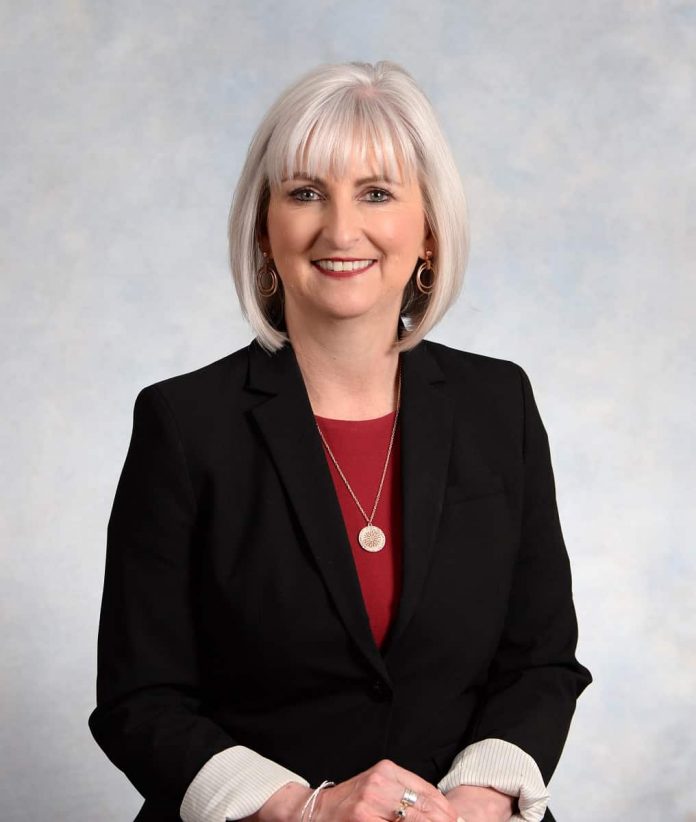
THE Province is launching a measles immunization catch-up program to help B.C. families ensure their children are protected from measles.
The program will run from April through June.
“With outbreaks of measles occurring globally and here in B.C., we know we will see threats of further outbreaks and can be doing more to raise immunization rates,” said Adrian Dix, Minister of Health. “That is why we are launching a catch-up program to immunize children from kindergarten to Grade 12 who have not previously been immunized against measles and to provide a dose for those who may not have received both doses.
“Our goal is to immunize as many people as possible before the end of the school year. The purpose, ultimately, is to reach an immunization rate of 95% as recommended.”
Health authorities will deliver the program. The program will be made available in schools to children (from kindergarten to Grade 12), public-health units, community health centres and mobile community clinics in select regions. The program will be delivered similarly with some regional variations. By offering it in schools, public-health units and community health centres, the catch-up program is designed to make it simpler and stress-free for parents to ensure their children are adequately protected from measles. Pharmacists will also be part of the efforts to increase immunization rates.
“Safeguarding the health and well-being of children, staff and teachers who come into our classrooms and their family members at home is one of our highest priorities,” said Rob Fleming, Minister of Education. “The K-12 education system plays a critical role in raising awareness of the importance of childhood vaccines and increasing immunization rates. We are continuing to work across government, and with our education and health community partners, to help curb preventable outbreaks and increase student safety.”
For this catch-up campaign, the Province is initially purchasing $3 million in vaccine – the equivalent of a one year supply of vaccine.
The catch-up program is the first step in government’s two-phase plan to educate people about the importance of immunization and help them become aware of their immunization status. Offering the measles immunization catch-up program now will also help prepare parents for the mandatory reporting of vaccination status, which is planned for the fall of 2019.
“Very few people in B.C. are against all vaccinations,” said Dr. Brian Emerson, Deputy Provincial Health Officer. “Due to a variety of other factors, measles immunization rates in B.C. are lower than they should be to ensure herd immunity.
“With this catch-up campaign, we can really work to reach herd immunity where at least 95% of the population is vaccinated. It will also help better prepare parents to be aware of vaccination status, for when we introduce the next step of mandatory reporting of school-age children’s vaccination status this fall.”
Without a record of immunization (or proof of immunity to a disease), a person is considered unimmunized and unprotected and should generally be immunized or re-immunized to ensure protection. It is safe to repeat immunizations.
Parents should check their children’s immunization records to be sure they are up-to-date. If they are unsure or do not have the records handy, they can check with their primary care provider or public-health unit. Parents can provide their child’s records to their local public-health unit for entry into the provincial immunization registry. If a child’s current immunization record is already on file with the local health unit, parents do not need to provide it again.
Health authorities will be working with schools to notify parents of upcoming measles immunization catch-up clinics, information about measles and what to expect if your child needs a measles immunization. Health authorities will contact families with under or unimmunized children through a variety of actions, including direct-calling families, sending emails and letters, and working with schools on newsletters.
Dr. Eric Cadesky, President, Doctors for BC, said: “As doctors, our primary concern is the health of our patients and communities. We are fully supportive of efforts to improve access to vaccines that are safe and effective at preventing dangerous diseases.”
Geraldine Vance, CEO, BC Pharmacy Association, added: “Community pharmacists support the government’s commitment to increasing the rates of immunization for measles amongst B.C. families through the catch-up program. With pharmacies located in almost every community in the province and open evenings and weekends, pharmacists are available when patients need them to get the very important protection immunization provides for themselves and their communities.”
Quick Facts
* Measles is a highly infectious disease that spreads through the air.
* Close contact is not needed for transmission. The disease can also be spread through sharing food, drinks, cigarettes or kissing an infected person.
* Symptoms of measles include fever, cough, runny nose and red eyes, followed a few days later by a rash that starts on the face and spreads to the chest.
* Complications from measles can include pneumonia, inflammation of the brain (encephalitis), convulsions (seizures), deafness, brain damage and death.
* Children should receive their first dose of measles vaccine at 12 months of age and their second dose at school entry (four to six years of age).
* B.C. has recommended two doses of measles vaccine to children since 1996.
* In 1996, B.C. conducted a measles vaccine campaign to provide a second dose of measles vaccine to children to the end of high school and university students.
* Measles vaccine is available in Canada in two combination forms only. Both are used in the B.C. publicly funded immunization program:
* The measles, mumps and rubella (MMR) vaccine is given to children at 12 months of age.
* The measles, mumps, rubella and varicella (MMRV) vaccine is given to children at school entry (four to six years of age) and is the second dose of measles vaccine children receive. This combination vaccine can be given up to 12 years of age but is not approved for use in older adolescents nor adults.
Learn More:
To check on immunization status, or to find a public health unit anywhere in the province, visit: https://immunizebc.ca/finder
Learn more about measles and the vaccines at: https://www.healthlinkbc.ca/

















